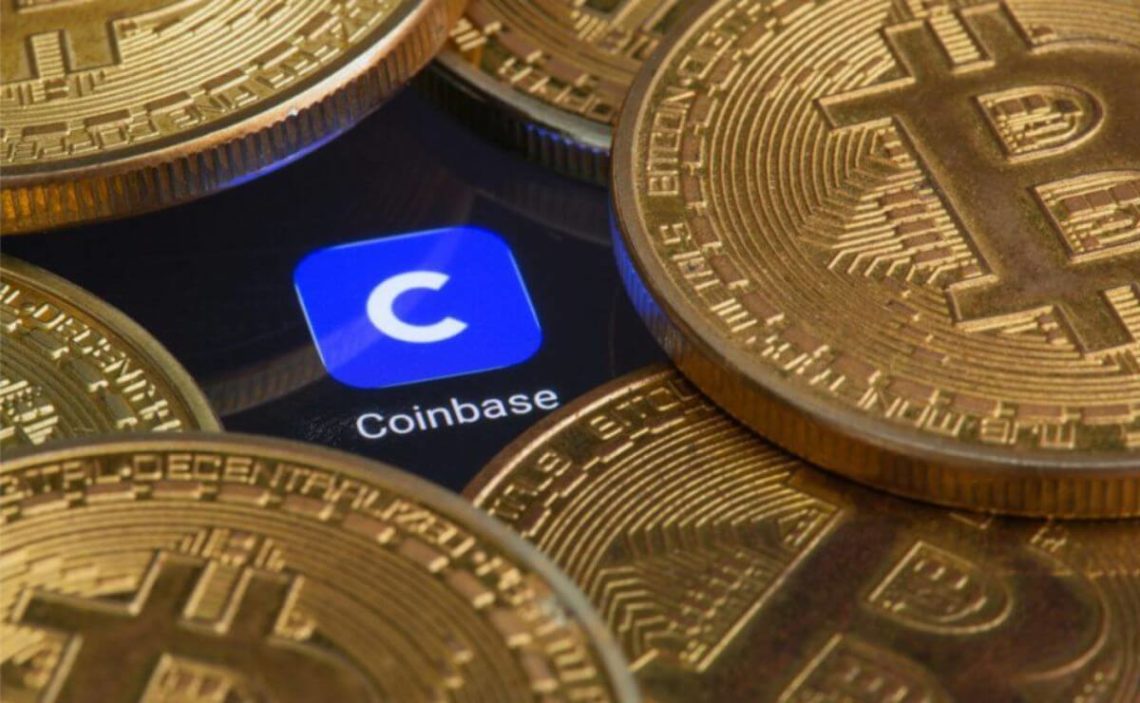Cryptocurrencies are designed to facilitate some payments, thinking about the future. It is normal that when you start in this world, there are doubts about scams and the security of your assets. Even if it is the world’s leading cryptocurrency exchange company, you will want to know, is Coinbase FDIC insured?
I must say that Coinbase is FDIC insured. Through the use of FDIC-insured custodian banks to housing a percentage of user deposits, Coinbase has achieved pass-through coverage, insuring user deposits in USD up to $250,000.
Even though Coinbase is FDIC insured, you should know that the coverage only applies to USD deposits and not cryptocurrency holdings. However, there are ways for the range to reach your wallet through custodian banks, so you don’t have to worry about suffering any scam.
What is FDIC, and how does it protect Coinbase?
The Federal Deposit Insurance Corporation (FDIC) is an independent agency created by the federal government to ensure stability and public confidence in the financial system. Many banks are affiliated with it, so their customers feel secure when making transactions.
Regarding Coinbase, the value of the client’s wallet will be insured up to a limit of $250,000, just as conventional banks have with their deposits. Despite this, it is common to have doubts about whether; is Coinbase FDIC insured. To find out, you need to know how it works and protects your assets.
FDIC insurance on Coinbase is because most of the deposits are in the hands of custodian banks insured by the corporation. In the event of a failure on the part of any bank, Coinbase customers’ funds are protected with FDIC transfer coverage.
You should note that the FDIC protects Coinbase only in cases where accurate customer records are maintained and in determining the corporation as a receiver in the instant of receivership of a bank holding an escrow account. In addition, the FDIC has key functions such as:
- Examines and supervises financial institutions for soundness, safety, and consumer protection.
- Ensures customer deposits.
- Directs receiverships. A receivership is a court-appointed tool that helps creditors collect delinquent debts.
- It makes large, complex financial institutions divisible. It means that if a large bank fails, it will not have a catastrophic effect on the financial system and will not seek a bailout from taxpayers.
Understanding this, FDIC pass-through insurance protects funds held on behalf of a Coinbase customer against the risk of loss in the event of the failure of any bank insured by the corporation where they have custodial accounts.
How Coinbase works and what it does with your money
The cash in your Coinbase account is backed by FDIC insurance . The protection is bank-level protection for your money and can give you confidence that your money will be there in the event of a Coinbase dissolution.
Coinbase works like a conventional bank. Let’s say you deposit to your savings account at your bank; the money won’t just sit there waiting for you to be ready to withdraw it. The bank takes your deposit and puts it to work. It may be for lending to other customers or investment.
No matter what the bank does with your money, the FDIC backing ensures that it is available by the time you decide to withdraw, meaning the bank will have enough cash to respond to your request.
Coinbase makes different uses of your money while you decide to buy cryptocurrencies:
- It invests its users’ funds in liquid U.S. Treasury bonds.
- It pools money with other customers and places it in a custodial account with a bank in the country.
- It puts it in money market funds in USD denomination following state money transmitter laws.
There is no concern that Coinbase will take your money and multiply it because, although it puts your assets to work, it keeps customer funds separate from Coinbase’s funds, i.e., from the income earned through its core business. It will never use customer money to pay operating expenses.
What happens if Coinbase goes bankrupt?
It should be clear that cryptocurrencies are not legal tender and are not backed by the government. In that sense, they are not subject to the FDIC, and insurance is likely to be ineffective for customers if Coinbase files for bankruptcy.
The court could treat customers’ digital assets in escrow as part of the company’s assets. If Coinbase’s assets are insufficient to pay the company’s creditors, it will top up the remaining money with customers’ funds. Only after the creditors are settled can users claim their assets.
Salesforce Certified SALES & SERVICE Cloud Consultant in February 2020, Salesforce Certified Administrator (ADM-201), and Master degree in “Business Analytics & Big Data Strategy” with more than 13 years of experience in IT consulting.


